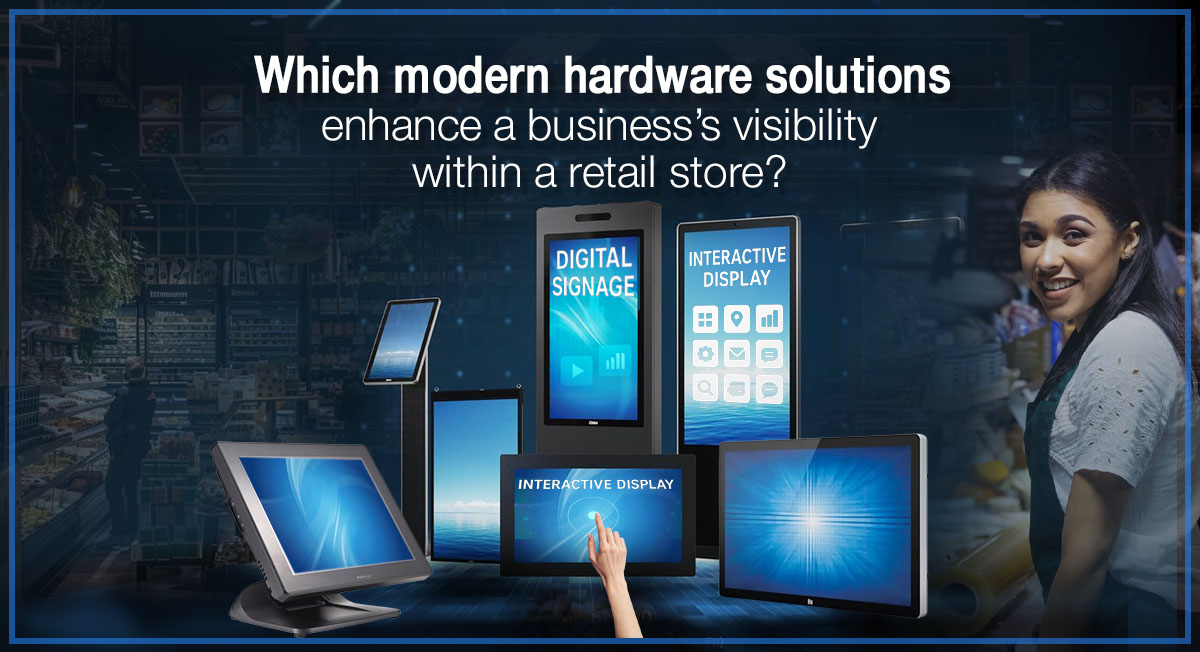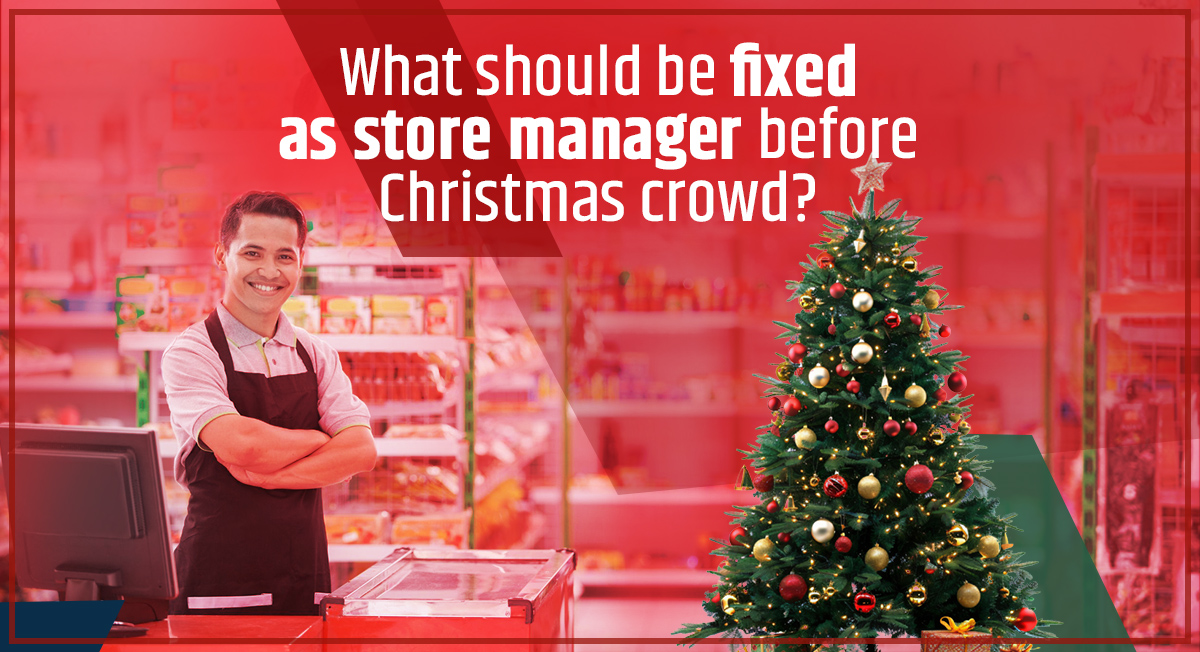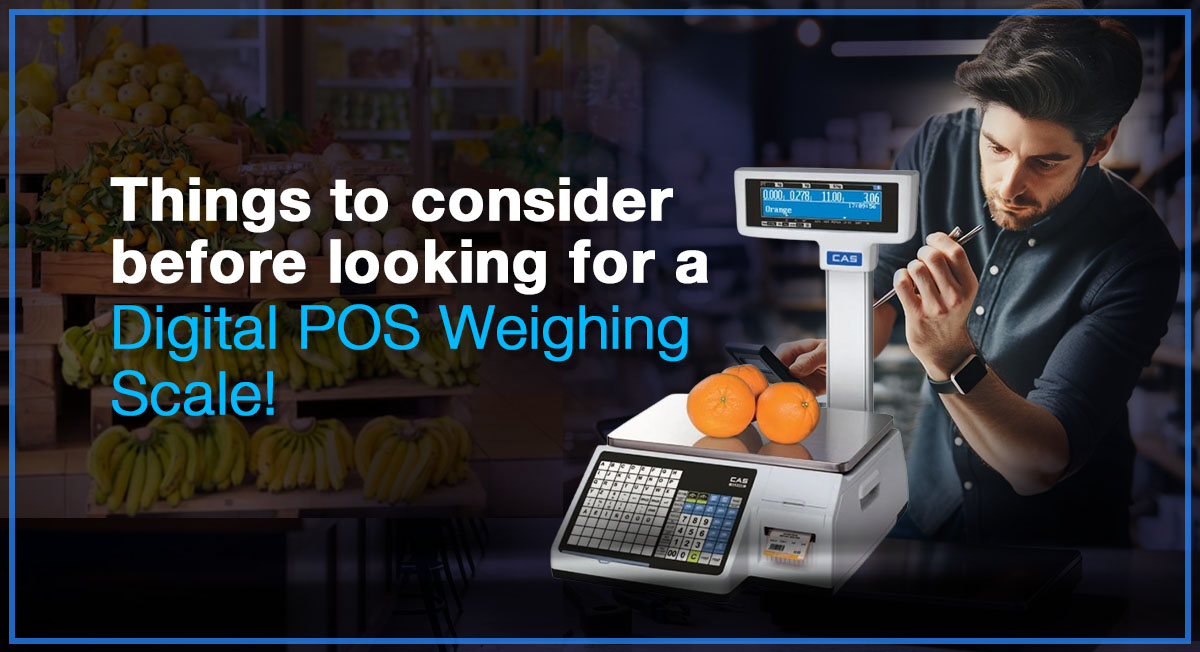WHAT IS A POS SYSTEM AND COMPONENTS?

Published by - OP Team on June 30, 2019 Blog
Today’s businesses highly relay on this extremely useful system which they also call as a central component of their business. POS system is a hub where the customers check out the products and execute payment for those products. A POS system is a central hub where all of the transactions merge once the customers have done their purchases.
POS stands for Point of Sales System and it initiates the completion of the business transaction between the consumer and the respective company. A POS system is the network of computers consisting of specific software and hardware which work in a manner to simplify the transactions between client and seller. The main computers are linked with numerous checkout terminals and several hardware like barcode scanners, cash drawers, card payment terminals, etc. be linked to the system.
Different business has different POS system which suits their needs and works accordingly. For instance, restaurants, retail business, grocery stores, shopping malls, etc. have a specific business module and working system. Therefore, each of these places requires a POS system which meets their needs. Apart from being the central hub of final transactions a POS system also keeps the track of inventory, records to labor reports, adjusting prices and menus, sales reporting, management of staff and customers, and much more.
DIFFERENT COMPONENTS IN A POS SYSTEM
A POS System mainly consists of two major components viz. the software component and the hardware component.
Software Component
There are two options available for you to use the software. First, On-Premise software, which is a traditional software model and you have to purchase the license, install it on your system and you are all set. You will be required to update and maintain the software from time to time to avoid any malfunctioning. Second, Cloud-based software. This will require you to access the service via internet and has the latest functionality which tracks and syncs the sales automatically if in case your internet goes down.
Hardware Component
No matter which POS System you choose, these basic hardware components will be the same:
Register Screen / POS Monitor
Standard monitors (also available in the touchscreen) to display the product information. Collect all the billing data also view sales report, etc.
Barcode Scanners
Scans the barcodes from products to acquire product information and adds it to the bill total. Barcodes also help to keep the track of inventory and product stocks.
Receipt Printers
Once all the products are scanned and the total bill is final then you can print the total bill and give the receipt to the customer.
Card Reader
For the customers that prefer to pay online rather than in-cash the credit card reader is the most secure EMV machine. This machine will allow cashless transactions through valid credit card swipes.
Cash Drawers
Cash drawers are the safe place to keep all the cash customers used to pay for their products. They are often attached to the system and can be unlocked only when the transaction is complete.
POS FOR DIFFERENT BUSINESSES
A) POS For Restaurants
A POS System in a restaurant simplifies the cash and card payments. The advanced POS Systems that has been rolling out in the market can do much more than just accepting payments. You can track sales and tax data using the system, monitor your transactions by date, time and type. One more amazing feature is you can put the order for your monitor and send that orders directly to kitchen printer. This will increase accuracy and food preparation time efficiency.
B) POS For Retail Business
A Retail business has a completely different working module than a restaurant, therefore, a POS system that suits this environment is essential. A retail POS system includes features such as inventory tracking, purchase orders, employee data, customer database, etc. A barcode scanner helps to keep track of the inventory by collecting data onto all the products.
BENEFITS OF HAVING A POS SYSTEM
As the businesses are now mostly focused on becoming more customer-centric it has also become essential to provide efficient and reliable services. A POS System helps your business to grow overall by keeping it up-to-date along with providing additional facilities to improve customer experience. Here are some major benefits of POS system:
ACCURACY
A POS System is developed to cause no (or minimal) error rates. According to statistics, a business having manual inputs is probable to cause an error every 300 characters typed whereas with POS System the error rate drops down to one in every 15,000 and one in 36 Trillion barcode characters. A POS System provides accurate details of the product and also historical reports on stock management.
INVENTORY TRACKING
There was a time when everything had to be done manually and often the business would run short of stocks due to lack of up-to-date information. But with the introduction of POS System, you can keep track of your inventory without any hassle. The system is equipped to notify you when your inventory needs refill, thus, saving you the last minute trouble.
MAINTAINING PRICE CONSISTENCY
For businesses spread worldwide maintaining the price consistency across all the stores can become inconsistent and problematic. But, with the help of a POS System, you can access the digital database of product which will give you latest price update of those products. Accessing this information then can be applied to all the products of all the stores worldwide. This helps to maintain a loyal relationship with your customers.
CHOOSE POS SYSTEM FOR BETTER BUSINESS
The competition in the market is increasing constantly and with an unimaginable pace. To compete with the biggest competitors, you must be on top of your game. This one small decision can change the dynamic of your business. Equip your business with a suitable POS System and benefit your employees, customers, and thus efficiently improving the workflow in your business. Check out the best POS Systems on our website at affordable prices.



